You should follow the same protocols as you would with anyone else coming into your home to protect yourself when hiring a contractor. While many companies follow very strict coronavirus guidelines, this does not mean that every one of their workers is as thorough to follow through. Feel comfortable asking contractors to put on a mask, making sure to put one on yourself; ask them to wear gloves, try to maintain a distance, and most importantly, remember to use hand sanitizer.
If the area you live in has high cases of the virus, it is advised that you try to avoid interior projects and call in a contractor only for landscaping, hardscaping, or taking care of external structures and utilities. Try to avoid working on indoor projects until the number of cases has significantly decreased.
What precautions to take so your home project is as safe as possible?
If you simply cannot put off starting a construction project, then you need to at least take all precautions to minimize the risk of infection for yourself, the workers, and the rest of your household.
One precautionary step is to designate a separate lavatory for the construction workers. Considering the nature of their job, they’re going to need their own bathroom where they can wash up numerous times a day. This isn’t just done to keep the rest of the house clean but can also help in isolating your household from germs and bacteria from others who may be infected. Whether it’s a small bathroom in the basement or the one near the kitchen, give your workers a separate place to wash up to reduce the risk of spreading the virus.
Was there any positive impact of COVID-19 on the construction industry?
As hard as the coronavirus may have been and still is for a lot of people, there are always notes of positivity that line all bad news. Despite the limitations on transportation, supply, and the reach that various construction trades had in their local area, there were some improvements in the construction sector in the past year and a half.
With everyone staying at home during quarantine, more and more homeowners became interested in ways they could spruce up their interiors and make them more liveable. With that in mind, it’s easy to see why some construction trades and projects skyrocketed during COVID-19 lockdowns. And while the construction industry did suffer to some extent, many analysts are hopeful that it will be able to recover in the near future.
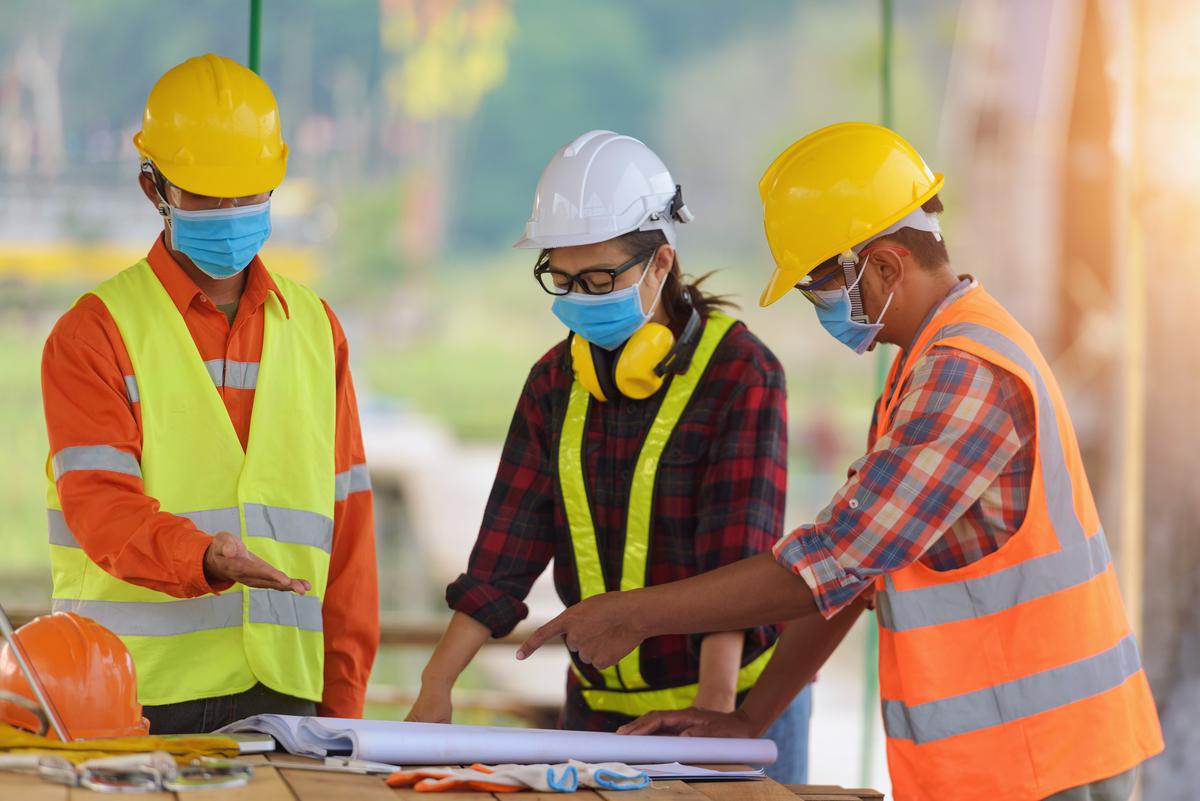
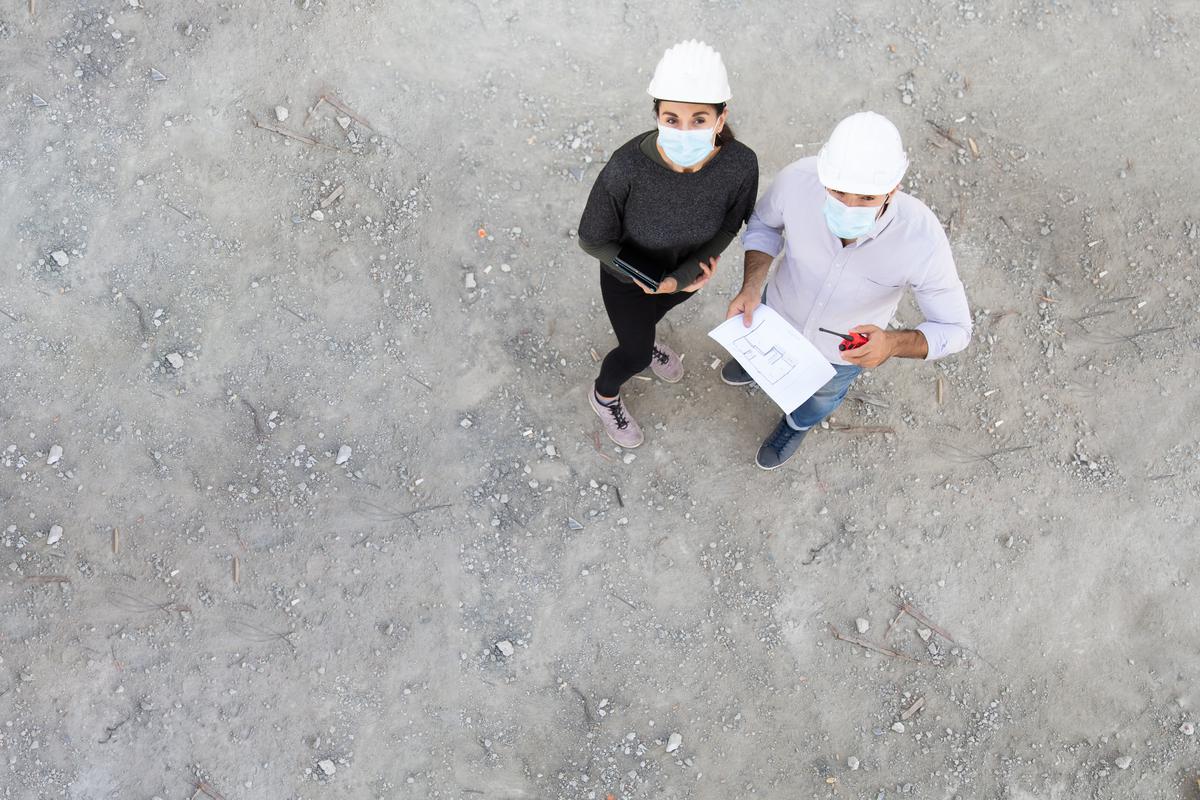



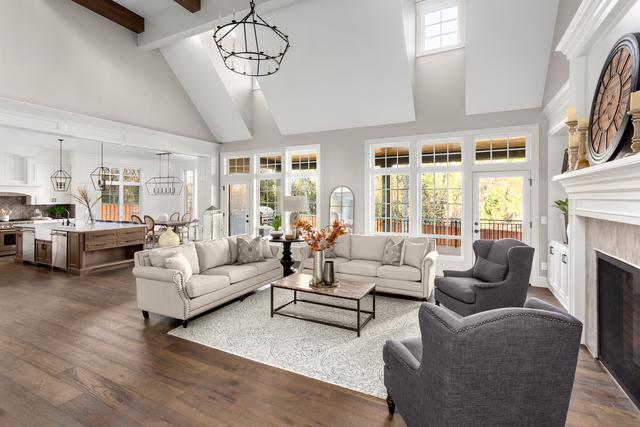
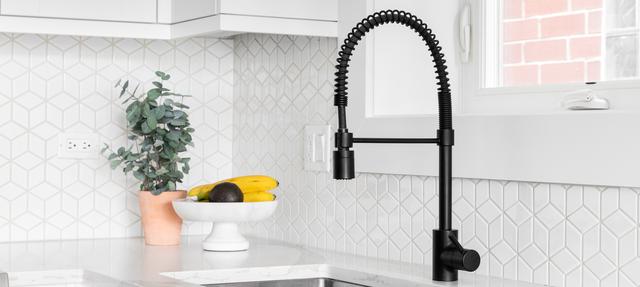
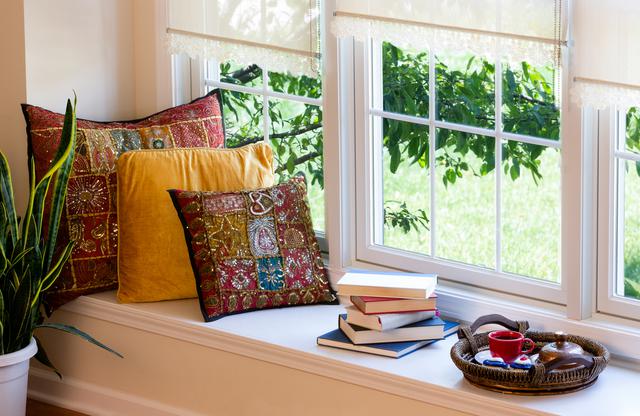
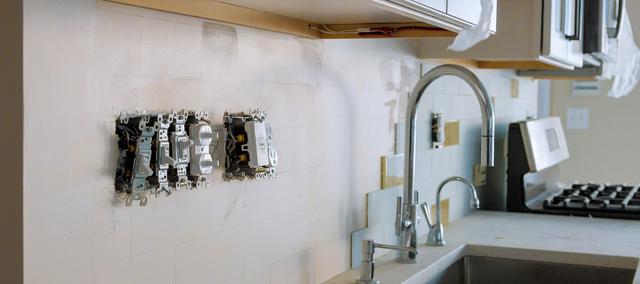
comments